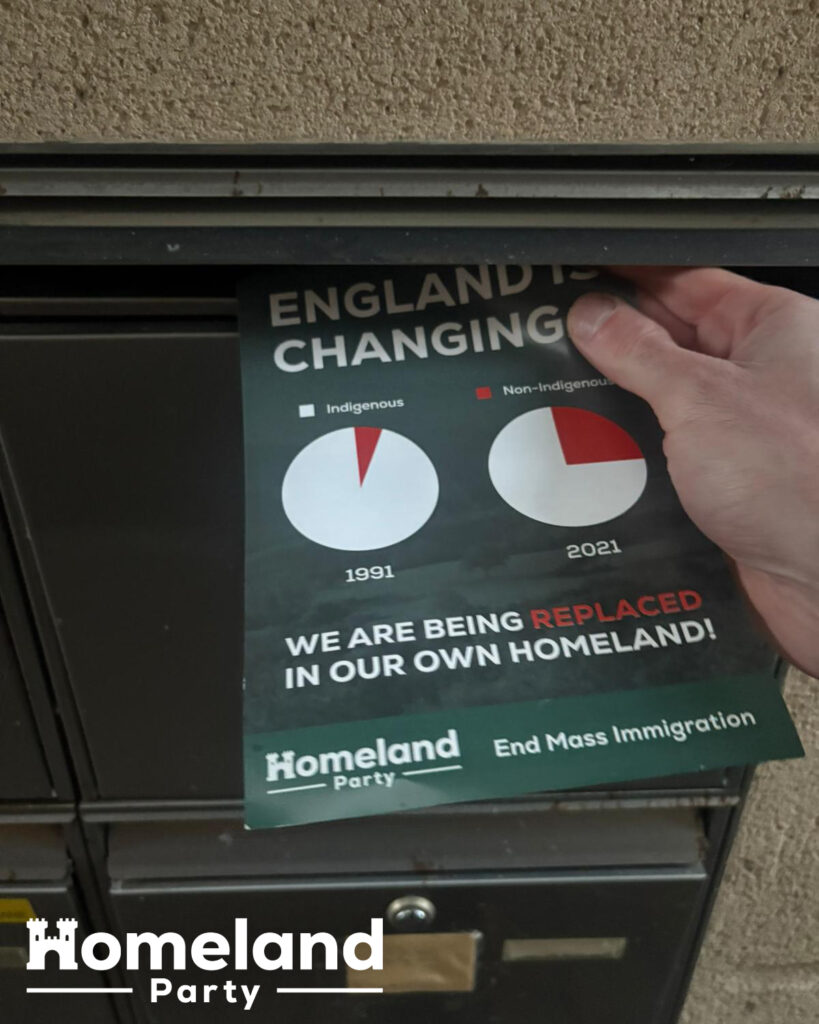Last month, Nigel Farage had his bank account at Coutts shutdown and was denied a new account by several other banking groups. Using a Subject Access Request, Farage has obtained 36-pages outlining the real reasons for the closure. Reading from the pages, Farage says it was discussed that he engages in “commentry and behaviours that do not align with the purpose and values [of Coutts]” and “given our position on ESG (Environmental Social Governance), diversity and inclusion, the comments and articles are not inline with our views or purpose”. We wonder what views they actually have…
The Bank stressed that it needed to do this to prevent “reputational damage”. Given Farage’s long relationship with the Bank, it seems odd that they choose to act now, especially as they have never received any public backlash. Coutts Bank, part of the NatWest Banking Group, is unlikely to suffer any reputational damage from anything. International mega banks will provide arm dealers, criminal gangs, billionaire tax cheats and corrupt politicians with accounts, whilst gambling with our national economy to pay themselves a fat bonus. Yet the taxpayer is expected to bail them out of any sticky situation. If that doesn’t cause them “reputational damage”, then what will? Overall, it is ironic that the de-banking of Farage has now caused the reputational risk that Coutts supposedly tried to avoid.
So, the question remains as to exactly why Farage was targeted. The answer is simple. In 2016, he took a stand for national sovereignty against the European Union and the global financial institutions that it supports. For the banking classes of London, who enjoy liberal cosmopolitan attitudes, this is an unforgivable offence.
Farage is not the first politically active person to be targeted with de-banking, and he won’t be the last. The Homeland Party can reveal many activists around the UK of various political stripes have been targeted. The following banks have either froze & closed accounts or refused to open one, giving no reason:
- Nationwide
- Bank of Scotland
- Barclays
- HSBC
- Monzo
- Santander
- Natwest/RBS
- Virgin Money
- Lloyds Bank
- Tide
Lloyds have just refused to open an account for the Homeland Party, with no reason given. Earlier this year, The Reclaim Party had their accounts shut down by Barclays, making it difficult to receive donations. The Love Party recently had thier account closed by Tide. We know HSBC and Barclays did the same to other political parties in the 2000s and 2010s. This is outrageous political interference by the UK Banking sector has been going on for a long time.
The Chairman of our very own Homeland Party, Kenny Smith, was targeted in the past by the Bank of Scotland. They froze his credit card, his accounts and his children’s accounts for “investigation”, later reinstating them, then closing them months later, all without a reason given! Being a stoic, he’s not been one to crow about it and now banks happily elsewhere.
The Equalities Act 2010 makes it illegal for businesses to discriminate against a person on the basis of: age, disability, gender reassignment, marriage and civil partnership, pregnancy and maternity, race, religion or belief, sex or sexual orientation.
Sadly, political opinions or affiliation are not specifically protected, but a belief means any religious or philosophical belief, and to be protected under the Act:
- it must be genuinely held;
- it must be a belief, and not an opinion or viewpoint, based on the present state of information available;
- it must be a belief as to a weighty and substantial aspect of human life and behaviour;
- it must attain a certain level of cogency, seriousness, cohesion and importance;
- it must be worthy of respect in a democratic society, not incompatible with human dignity and not in conflict with the fundamental rights of others.
You don’t need to be a legal professional to see the Farage’s beliefs on national sovereignty and self-determination, expressed though a successful political career meet this criteria.
The European Convention on Human Rights (ECHR) and the Human Rights Act 1998 is supposed to guarantee:
- freedom of thought, conscience and religion (Article 9)
- freedom of expression (Article 10)
- freedom of assembly (Article 11)
- the right not to be discriminated against in respect of these rights (Article 14)
But this applies to public authorities or those performing public functions on their behalf. It does not necessarily apply to private businesses like banks, but we think it should. It the modern world, financial services are essential for living. Without them you can’t pay your utility bills, your taxes, receive wages or even buy goods in the shops, as so many are going cashless.
The Homeland Party is calling for new legislation to make companies that provide essential services abide by the same Human Rights laws as the Government. We shouldn’t accept anything less or mealy-mouthed half measures from weak politicians.
Without this, the banks will be in full control of the public discourse and political life; holding peoples money and their future to ransom unless they toe the line.
Andrew Griffith MP, economic secretary to the Treasury, is saying he wants a review by the Financial Conduct Authority, a toothless Quango, and for the banks to tell people what the reason was for a closure within 3 months. This is hardly useful as there is currently no law to stop them closing the account for opinions they don’t like.
The political momentum is finally building for change, but without continued pressure, the Tories won’t deliver. It’s up to everyone across the political spectrum to call for the substantial changes we have outlined above and not let this issue fall into the weeds.
This Article was a collaboration between Ant Burrows & Jerome O’Reilly. Edited 21st July 2023 to include Tide.



